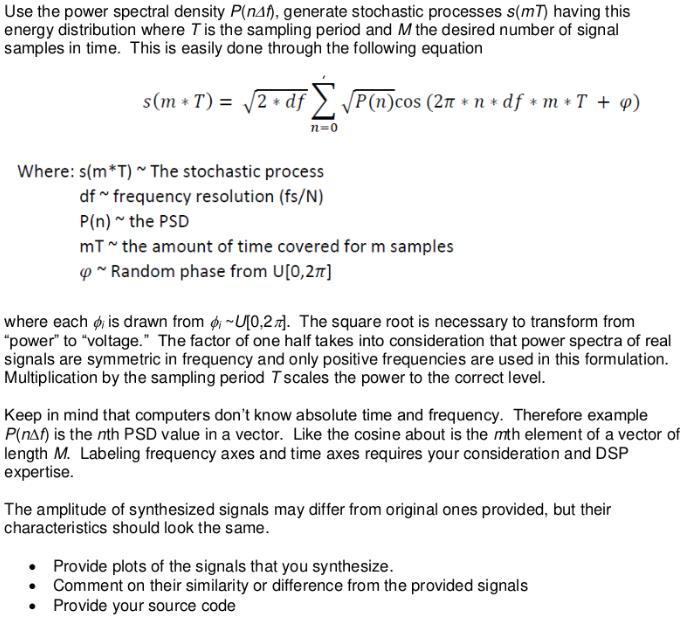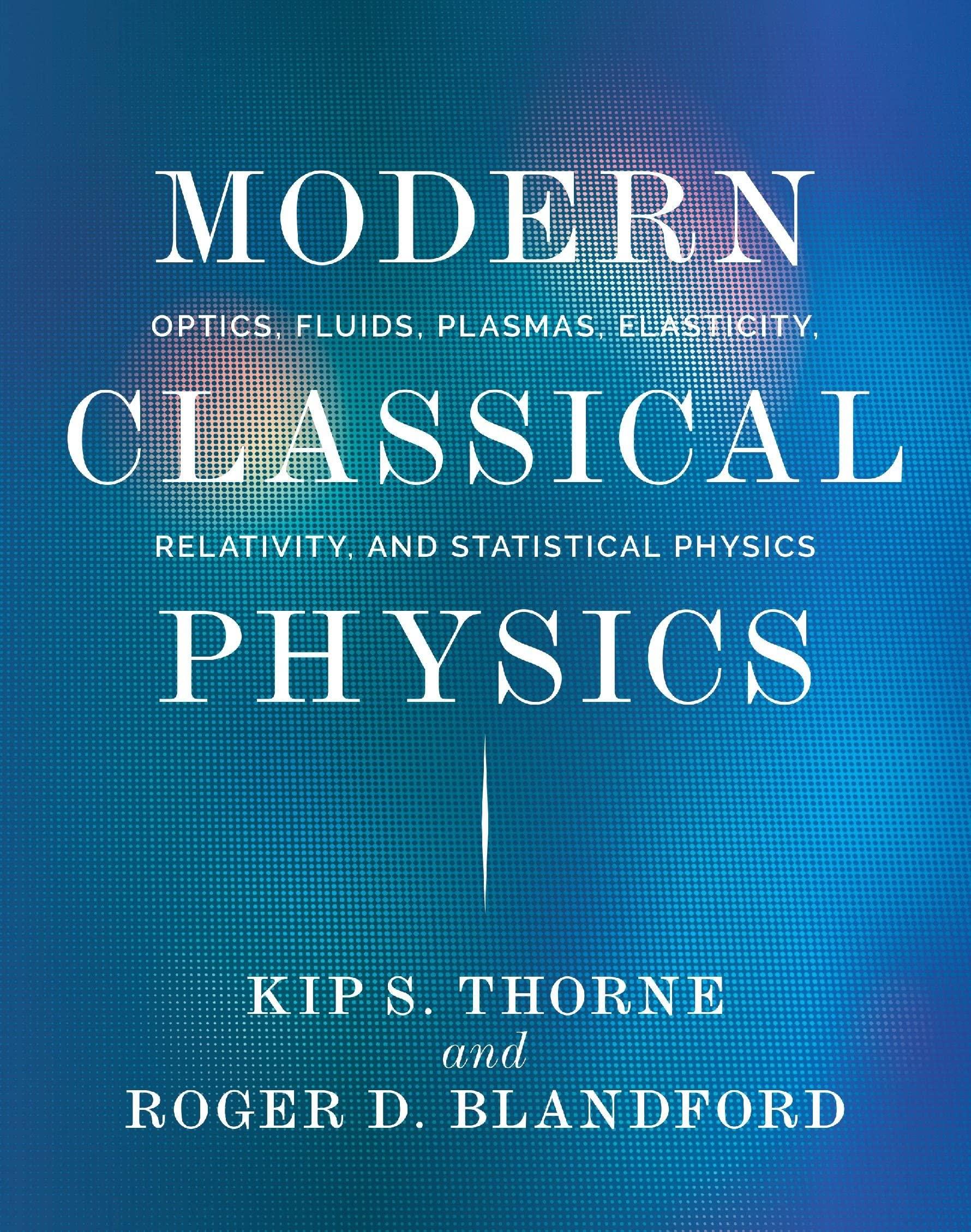Answered step by step
Verified Expert Solution
Question
1 Approved Answer
Use the power spectral density P(n4f), generate stochastic processes s(mT) having this energy distribution where T is the sampling period and M the desired

Use the power spectral density P(n4f), generate stochastic processes s(mT) having this energy distribution where T is the sampling period and M the desired number of signal samples in time. This is easily done through the following equation s(m + 7) = 2 + df P(n)cos (2 *n+df + m + T + y) n=0 Where: s(m*T) ~ The stochastic process df ~ frequency resolution (fs/N) P(n) ~ the PSD mT ~ the amount of time covered for m samples ~ Random phase from U[0,27] where each , is drawn from U[0,2]. The square root is necessary to transform from "power" to "voltage." The factor of one half takes into consideration that power spectra of real signals are symmetric in frequency and only positive frequencies are used in this formulation. Multiplication by the sampling period T scales the power to the correct level. Keep in mind that computers don't know absolute time and frequency. Therefore example P(nAf) is the nth PSD value in a vector. Like the cosine about is the mth element of a vector of length M. Labeling frequency axes and time axes requires your consideration and DSP expertise. The amplitude of synthesized signals may differ from original ones provided, but their characteristics should look the same. Provide plots of the signals that you synthesize. Comment on their similarity or difference from the provided signals Provide your source code
Step by Step Solution
★★★★★
3.56 Rating (160 Votes )
There are 3 Steps involved in it
Step: 1

Get Instant Access to Expert-Tailored Solutions
See step-by-step solutions with expert insights and AI powered tools for academic success
Step: 2

Step: 3

Ace Your Homework with AI
Get the answers you need in no time with our AI-driven, step-by-step assistance
Get Started


